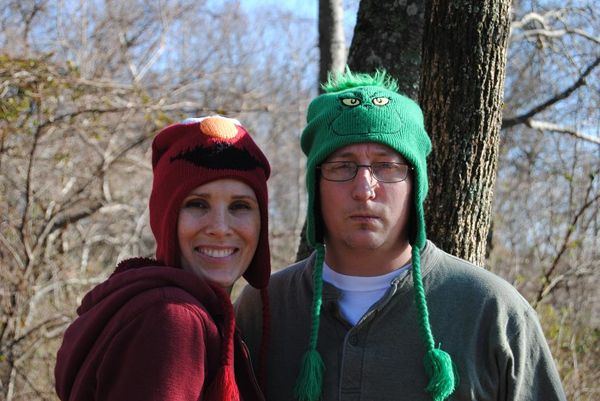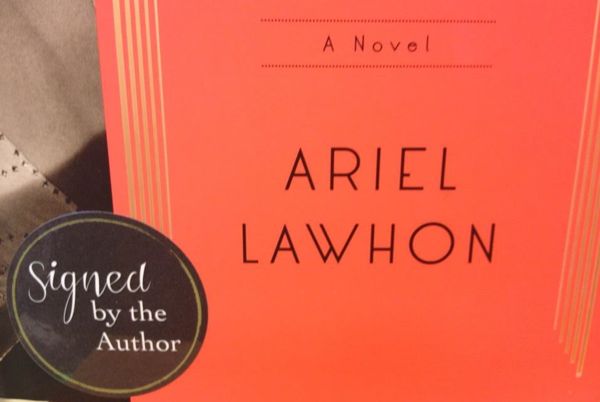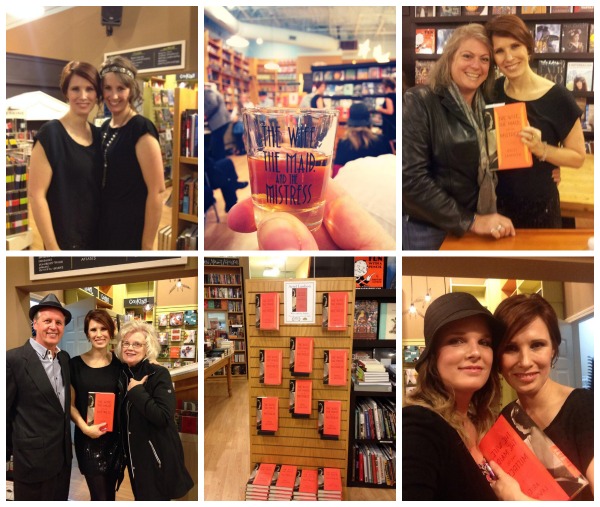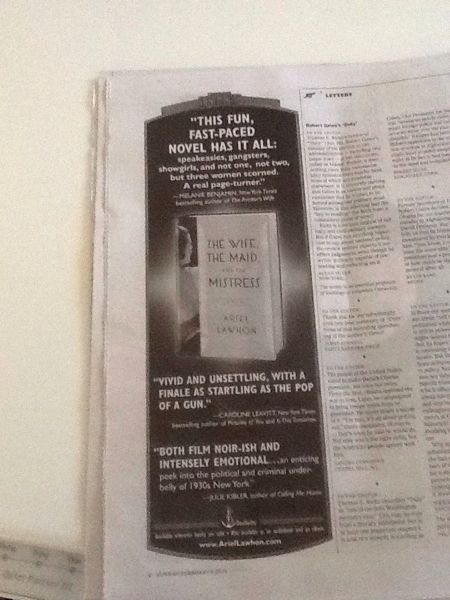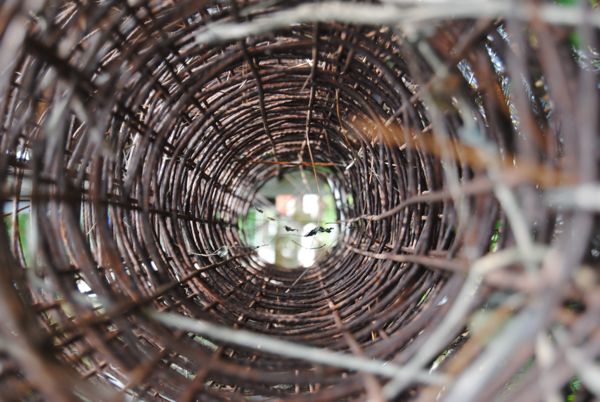For the Love of Reading
My mother read to me by the light of a kerosene lantern. Most people don’t believe me when I tell them this but it’s true. I grew up in a small hippie town in northern New Mexico, in a home with no running water or electricity. My parents, descendants in a long line of cattle ranchers and cotton farmers chose to abandon the great state of Texas and forge their own path in the turbulent 70′s. We’re nostalgic about it now, my siblings and I; the wood burning stove and the cistern, the chickens and the outhouse. The way light hits the mesa at four o’clock in the afternoon. Running barefoot through the sagebrush. Picking Indian Paintbrush. Monsoons in summer. Blizzards in winter. We once found a cannon ball buried in the front yard–a relic from the old stagecoach road that passed in front of our house–and lost it again within a fortnight. It’s quaint and fascinating but it’s the sort of childhood you remember fondly because it’s in the distant past. Because it makes an interesting conversation starter. Because the hard, hard moments stack up evenly with the magical ones. Most people don’t know how to respond when they learn that I was raised so far off the grid that I actually fell off. So poor that the “dirt floor” analogy actually applied. And that’s OK. Because in life (as in fiction) the best stories are found on the outskirts, those bare, ragged edges of society. Or in my case, down a six-mile dirt road on the other side of the Rio Grande Gorge Bridge.
In the absence of a television I discovered C.S. Lewis and J.R.R. Tolkien. L.M. Montgomery and Agatha Christie. I cried myself to sleep after reading WHERE THE RED FERN GROWS. It’s the first book I ever threw against a wall. Later I had a brief but passionate literary love affair with Piers Anthony and his magical Xanth. I believed for years that these authors and their stories were mine, and I felt an irrational rage when I learned that other children loved them as well. I wanted to yank those books out of their hands and stomp away screaming, “Mine, mine, mine!”
I’ve become more generous in the years since I left the mesa. Instead of hoarding beautiful stories to myself, I now try to share them any chance I get. My mother no longer reads to me by the light of a kerosene lantern, though I’d jump at the chance if she offered. And I’m ever on the lookout for a novel that makes me feel the way I did as a child, curled up in a patch of sunlight, lost in the magic of story.
Here’s the truth: I wouldn’t change a moment of it even if I could. Those little bits, the flotsam and jetsam of my life, made me who I am today. My off-kilter childhood made me a relentless reader. It made me a storyteller. It made me a writer.

